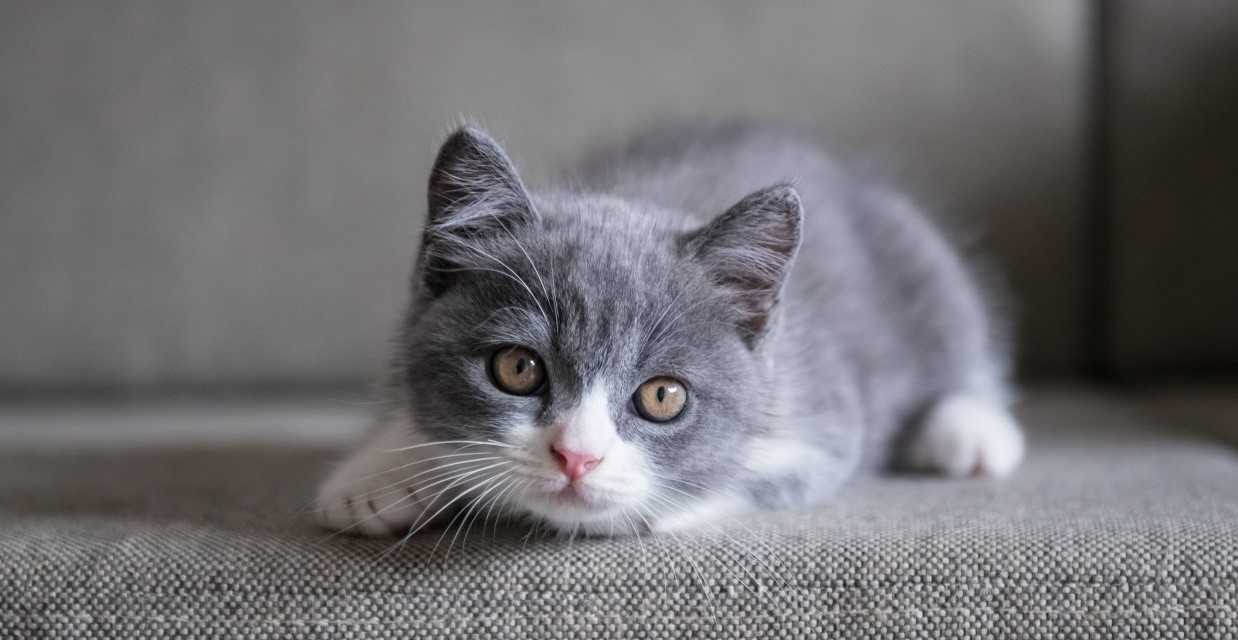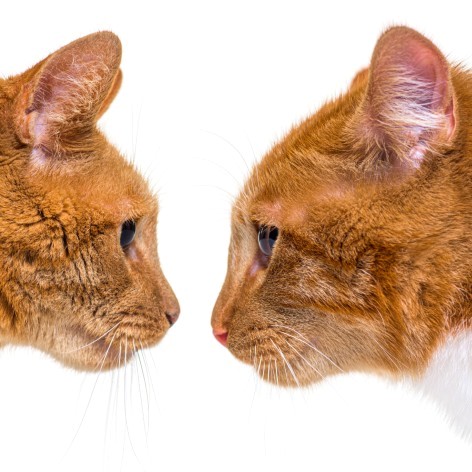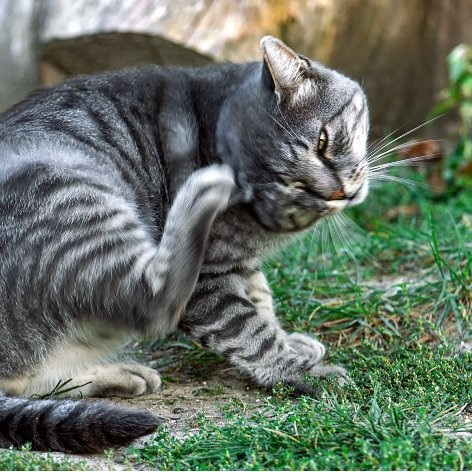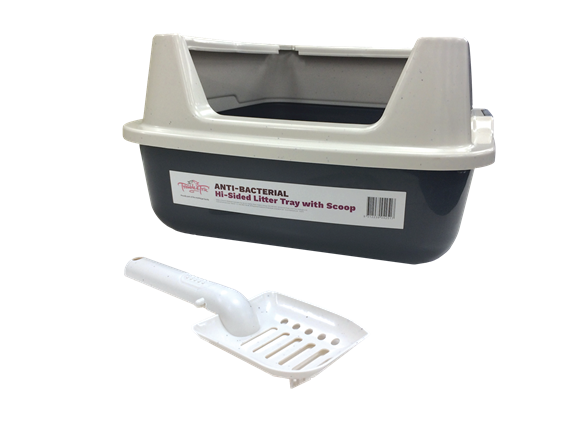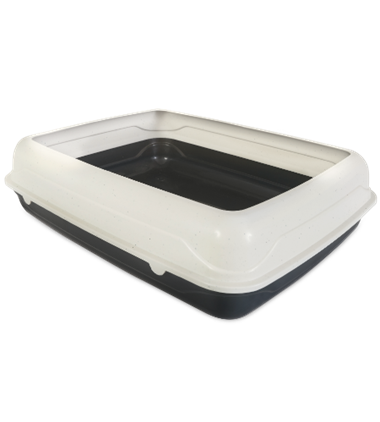We all agree that kittens are above-and-beyond adorable as is, but grooming is still one of the best things you can do for them. Here’s why:
Brushing your Kitten Brings you Closer
Even if it is grooming, the more you hang out with your pocket-size Pixie-bob, the more they’re able to bond with you. Your kitten will learn how to trust you, and your handling, and it may also help with their socialisation in the process.
Grooming is a Healthy Decision
Brushing not only removes knots, but also gives your little lion wannabe a shiny coat by stimulating the oil glands in the skin. Grooming also makes it easy to spot parasites like fleas in your kitten’s coat. You’re also likely to spot any potential skin problems, if they have any.
Say Farewell to Furballs
By brushing your kitten, you’re getting rid of hair that would otherwise be licked and likely swallowed by your cat, which is how hairballs happen. So the more you groom, the less you’ll see of those hair balls around the home.
Tips for Grooming your Kitten
Brushing and Combing
Some kittens love being brushed, while others would rather be toying with a paperclip somewhere. Really, kittens just need to get used to it. If yours seems a little scaredy-cat at first, start slowly with a very soft brush, and for a short time. It’s best to stop just before your little one’s had enough.
If you’re gentle, you’ll gain their trust and be able to groom them properly sooner rather than later.
They’ll probably even let you groom the tummy area where the soft hair can become knotted on most types of long haired cats (like a long haired Persian cat).
If you do own a long-haired kitten, you’ll want to groom them regularly since their long, fine hair tends to mat quickly. But other types of cats can benefit from a routine spruce, as well. Just ask your breeder or vet about the best way to groom your cat’s breed.
What to use on your furry friend? Shorthaired kittens do well with a soft-bristle brush or mitt-type groomer. P.S. they’ll love the ‘massage’ sensation. Longer-haired kittens may need a wire comb as well as the brush, for detangling. For medium hair cats, the combination of both can often be the bets way to go.
Nailing the Nail-Clipping
Small kittens may need their nails clipped before they enter that world of tree trunks and posts, beyond the window glass.
Or, if you’d like your kitty to be an indoor cat, having their nails clipped should become part of a regular routine. So again, it’s all about getting your kitten used to having their nails tended to.
Begin by using proper cat-nail clippers. Start out slowly – no hissy-fits with your kitten, even if they start it. It helps to have someone else hold them while you gently push the pad around the nail, so it extends.
Most nails are clear, allowing you to see the pink tissue or ‘quick’, which you’ll want to avoid cutting.
Take a small amount off the nail to start, and only do one or two nails. It’s always best to stop just before your kitten struggles.
When you’re finished, reward your kitten with a treat or something that they love.
Even though the whole nail-clipping process sounds like a ton of fun, it’s best to have a scratching post (or two) around as well. This is to minimise their need to scratch on your furniture.


